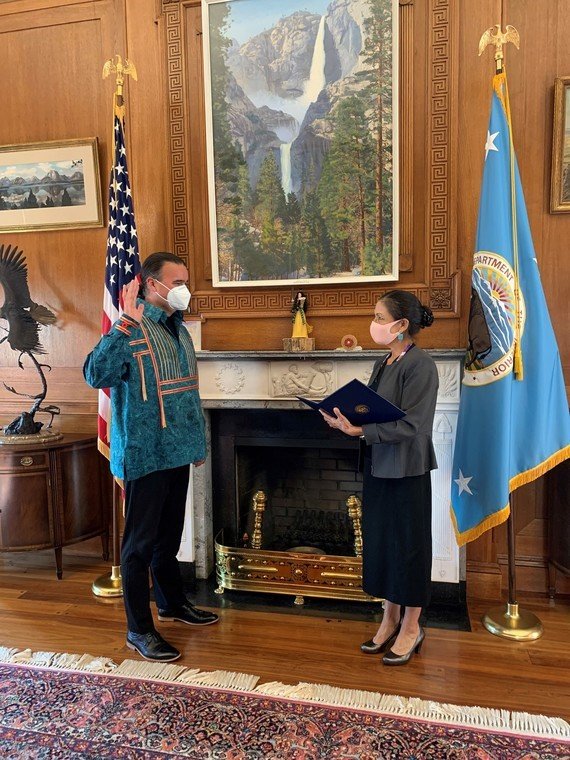In an exercise of judicial realism, the Ninth Circuit Court of Appeals gutted the bad faith exception to tribal court exhaustion on Tuesday in an unpublished opinion.
Elile Adams maintains that Nooksack Tribal Court Chief Judge Ray Dodge and Pro Tem Judge Rajeev Majumdar’s assertion of jurisdiction over for the last five years has been in bad faith. She believes Dodge and Majumdar have harassed her through criminal investigation and prosecution and countless court appearances since 2017, when she first sought domestic violence protection from Dodge.
While they and the court clerks have conspired to deny Elile any opportunity to obtain habeas corpus relief from the Nooksack courts, she has “sought asylum” with the Lummi Nation by taking the extraordinary step of relinquishing Nooksack citizenship and enrolling at Lummi.
In ruling that Elile still must exhaust Nooksack court remedies, the Ninth Circuit was unconcerned that Dodge, Majumdar, and the clerks have sat on her pro se habeas corpus petition for nearly two years, upon the unethical ex parte advice of Nooksack Tribal Attorney and defense lawyer Charles Hurt.
The Ninth Circuit judges recited but shrugged off that reality along with the following undisputed facts:
Nooksack Tribal Court Chief Judge Dodge and the Nooksack Tribal Court acted in bad faith by: (1) sua sponte initiating a parenting action against her; (2) ignoring a 2015 state court parenting order and its jurisdictional impact; (3) harassing her by requiring her to appear before Dodge at least twenty times in two years; (4) issuing a warrant for her arrest and causing her to be imprisoned because of her failure to appear at a July 11, 2019 hearing despite her public defender’s appearance on her behalf; (5) rejecting her habeas corpus counsel’s appearance before the Tribal Court; and (6) refusing to consider her pro se habeas corpus petition upon the ex parte advice of one of Respondents’ counsel.
The Ninth Circuit’s decision further show the extent to which federal courts are calloused about Indigenous human rights violations in Indian country.
The opinion also reveals the incongruent nature of Indian country domestic violence protection efforts. While at present Congress seeks to strengthen tribal court authority for the protection of Indigenous domestic violence victims like Elile, non-Indian men like Dodge and Majumdar are allowed to violate Indigenous women’s civil rights under the cloak of tribal sovereignty and jurisdiction.
















